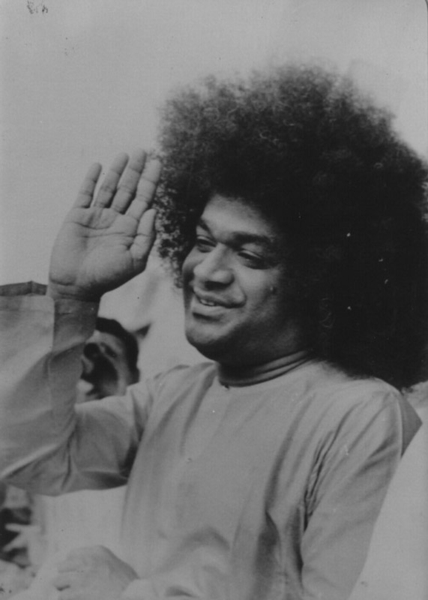
The ear, skin, eye, tongue, nose — these five senses are able to cognise sound, touch, form, taste, and smell respectively. Objects of knowledge are cognised only through these five. The world is experienced through these instruments, which stand intermediate between the knower and the knowable. The inner capacity to understand objects is named the mind (manas). The mind moves out through the senses and attaches itself to objects. At that time, by that very occurrence, the mind assumes the form of that object; this is called a function (vritti). The mind is non-intelligent (achetana), so its transformations and manipulations (vikaras) are also non-intelligent, non-vital. A wooden doll has only the property of wood; a sugar doll, the property of sugar. The unintelligent mind cannot achieve knowledge of the supreme Intelligence (Chetana) which pervades the Universe. Just as the unintelligent chariot is directed by a charioteer, a charioteer must direct the unintelligent mind (manas), seated in the mind and having it as His vehicle. The motive force that activates the inner instruments, the senses of action, the senses of knowledge, the five vital airs (pranas) — that force is God! – Ch 8, Kena Upanishad, Upanishad Vahini.
Sai inspiriert, 29. Februar 2024
Das Ohr, die Haut, das Auge, die Zunge und die Nase – diese fünf Sinne sind in der Lage, den Klang, die Berührung, die Form, den Geschmack beziehungsweise den Geruch zu erkennen. Objekte des Wissens werden nur durch diese fünf wahrgenommen. Die Welt wird durch diese Instrumente erfahren, die zwischen dem Wissenden und dem Wissbaren stehen. Die innere Fähigkeit, Objekte zu verstehen, wird als Geist (manas) bezeichnet. Der Geist bewegt sich durch die Sinne nach außen und heftet sich an die Objekte. Zu diesem Zeitpunkt nimmt der Geist die Form des Objekts an, was als Funktion (vritti) bezeichnet wird. Der Geist ist nicht-intelligent (achetana), also sind auch seine Umwandlungen und Manipulationen (vikaras) nicht-intelligent, nicht-vital. Eine Holzpuppe hat nur die Eigenschaft von Holz; eine Zuckerpuppe hat die Eigenschaft von Zucker. Der unintelligente Geist kann kein Wissen über die höchste Intelligenz (chetana) erlangen, die das Universum durchdringt. So wie der unintelligente Wagen von einem Wagenlenker gelenkt wird, muss ein Wagenlenker den unintelligenten Geist (manas) lenken, der im Geist sitzt und ihn als sein Fahrzeug hat. Die treibende Kraft, die die inneren Instrumente aktiviert, die Sinne des Handelns, die Sinne des Wissens, die fünf vitalen Lüfte (Pranas) – diese Kraft ist Gott! – Kapitel 8, Kena Upanishad, Upanishad Vahini.
© Sri Sathya Sai Media Centre | Sri Sathya Sai Sadhana Trust – Publications Division
